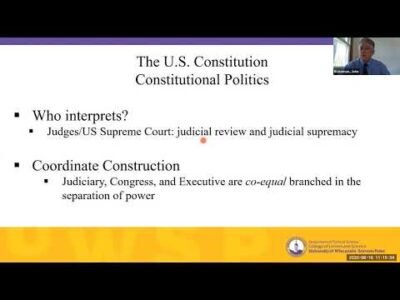the problem of evil argument
Exploring the Problem of Evil: A Deep Dive into the Age-Old Question
Throughout human history, mankind has grappled with the philosophical conundrum known as the problem of evil. How can we reconcile the existence of evil and suffering in the world with the existence of an all-powerful, all-knowing, and benevolent higher power? This vexing question has been pondered by theologians, philosophers, and scholars from various disciplines, but no single answer has ever managed to entirely satisfy all.
The problem of evil arises from the inherent contradiction between the existence of evil and an all-powerful, all-good deity. If God is indeed omnipotent, he should have the power to eradicate evil from the world. If God is perfectly good, he should have the desire to eliminate evil. Yet, evil persists, and suffering burdens the lives of countless individuals. This contradiction leads many to question the nature of God, the origins of evil, and the ultimate purpose of our existence.
One of the earliest attempts to grapple with the problem of evil emerged from the ancient Greek philosopher Epicurus. He argued that if God is unable or unwilling to prevent evil, then he is not all-powerful or all-good, respectively. However, this line of reasoning does not fully address the complexities of the issue because it assumes that God’s priorities align with human understanding. Perhaps there are reasons beyond our comprehension for allowing evil to exist.
Various philosophical and theological perspectives have attempted to provide alternative explanations. Some assert that evil is necessary for the existence of free will, arguing that without the ability to choose between good and evil, human agency would be stifled. Others contend that evil serves as a test or trial to strengthen moral character and the soul’s journey towards spiritual growth. From this perspective, suffering becomes an opportunity for personal development and the pursuit of inner redemption.
Furthermore, some argue that evil may be a consequence of the natural order of the universe. Evolutionary biologist Richard Dawkins famously suggests that suffering is a result of the mindless processes of natural selection, rather than any malevolent intent. From this perspective, evil is an emergent property of a universe governed by natural laws, rather than a deliberate action imposed by a higher power.
Religious traditions also offer various approaches to address the problem of evil. Some emphasize the concept of divine justice, asserting that evil actions will ultimately be punished in the afterlife, thereby providing a sense of cosmic balance. Others propose that evil is a consequence of human disobedience or a test of faith, and only through fidelity and adherence to religious teachings can one transcend evil’s grip. These explanations pivot on the belief that there is a divine plan or purpose that surpasses our earthly understanding.
However, despite the wide-ranging attempts to explore and understand the problem of evil, it remains an enigma, likely never to be solved comprehensively. It exposes the limitations of human understanding and compels us to reflect on our own beliefs, values, and moral choices. It challenges us to think critically about the nature of existence and the role we play in a seemingly imperfect world.
Ultimately, the problem of evil underscores the complexities of the human condition. It reminds us that life is a tapestry interwoven with light and darkness, joy and sorrow, good and evil. It prompts us to confront the fragility of human existence and the imperfections that come with it.
While we may never find a definitive answer to the problem of evil, our pursuit of understanding and the discussions it inspires enrich our collective wisdom. Through exploring this age-old question, we invite introspection and foster a deeper appreciation for the moral and ethical choices we make. In our relentless quest for truth, we remind ourselves of the importance of empathy, compassion, and the pursuit of a better world – even in the face of seemingly insurmountable evil.
#Exploring #Problem #Evil #Deep #Dive #AgeOld #Question






No comment yet, add your voice below!